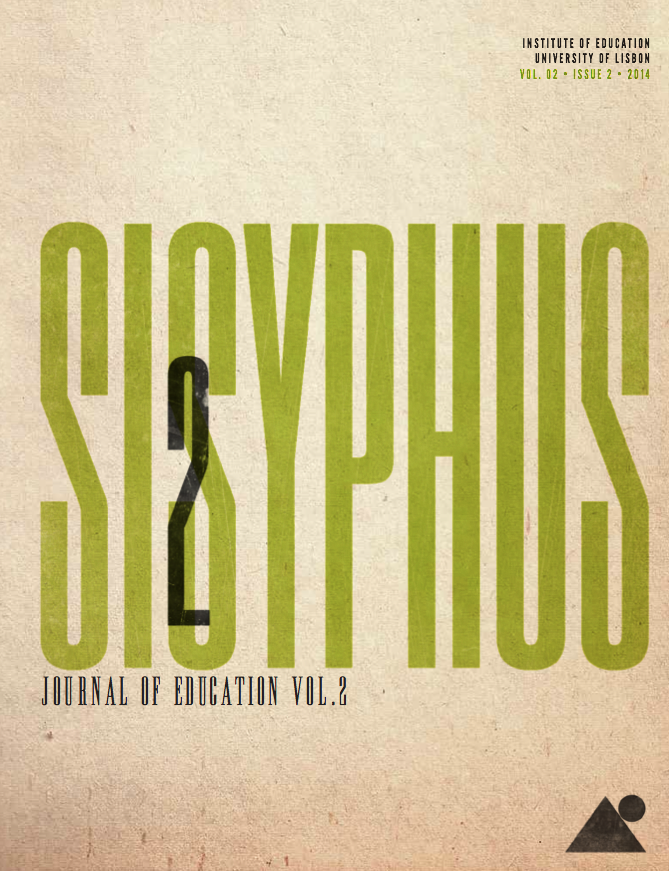The Characteristics of Open-Ended Inquiry-Type Chemistry Experiments that Enable Argumentative Discourse
DOI:
https://doi.org/10.25749/sis.4067Keywords:
Argumentation, Chemistry laboratory, High-order learning skills, Inquiry-type experiment, Complexity of inquiry-type experimentsAbstract
One of the key goals of science education is to provide students with the ability to construct arguments - reasoning and thinking critically in a scientific context. Over the years, many studies have been conducted on constructing arguments in science teaching, but only a few of them have dealt with studying argumentation in the science laboratory in general and in the chemistry laboratory in particular. Our research focuses on the process in which students construct arguments in the chemistry laboratory while conducting different types of inquiry experiments. The experiments that were assessed for their argumentation level differed in their level of complexity. It was found that the more complex experiments served as a better platform for developing arguments as well as regarding their relative numbers. Moreover, we identified a number of characteristics during the discourse that serve as a catalyst for raising arguments: asking questions and unexpected results obtained in the experiments.
Downloads
Downloads
Published
Issue
Section
License
Copyright (c) belongs to Sisyphus - Journal of Education. However, we encourage issued articles to be published elsewhere, provided that Sisyphus authorization is asked for and that authors integrate our original source citation and a link to our website.
Author Self-Archiving Policy
Author(s) are permitted to self-archive the final published version in institutional or thematic repositories, and in their personal or institutional websites.
DORA Signer
The Instituto de Educação da Universidade de Lisboa, Sisyphus' Publisher, is a San Francisco Declaration on Research Assessment signer.






